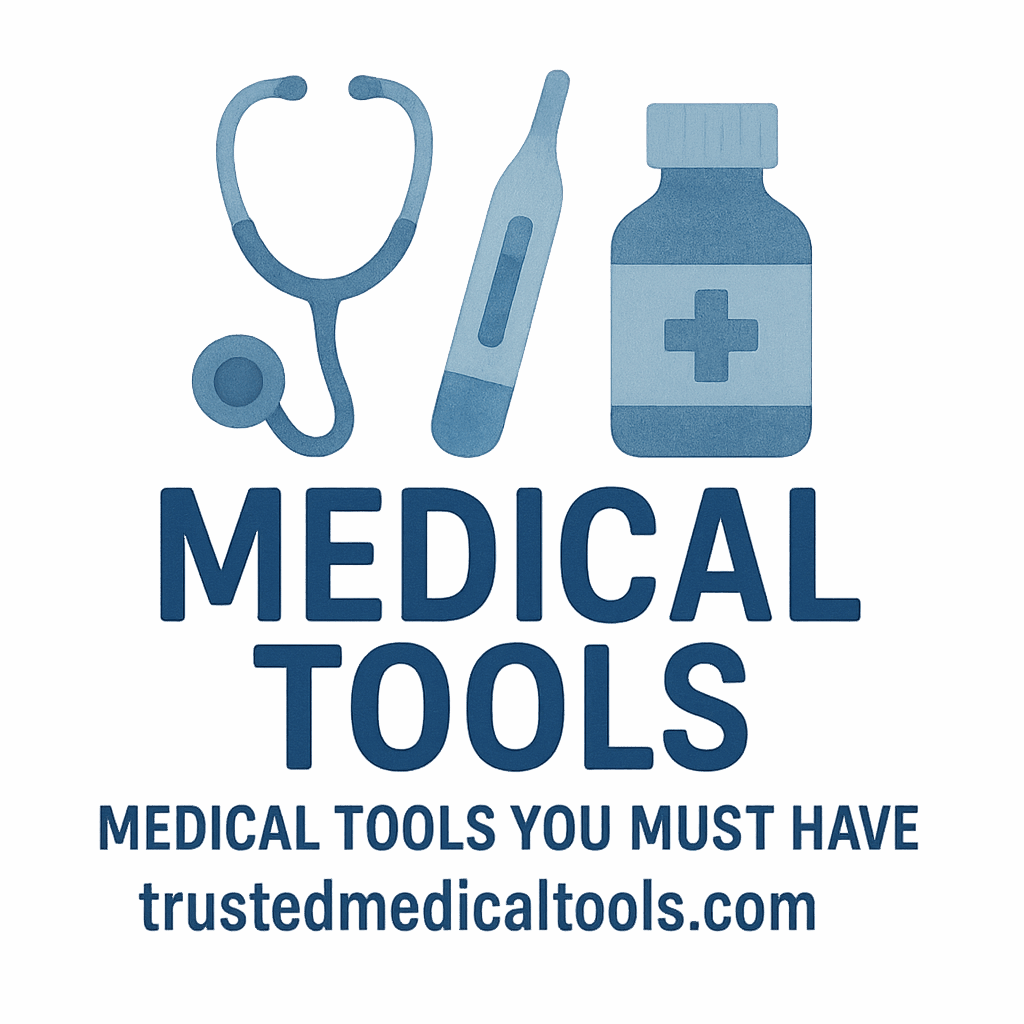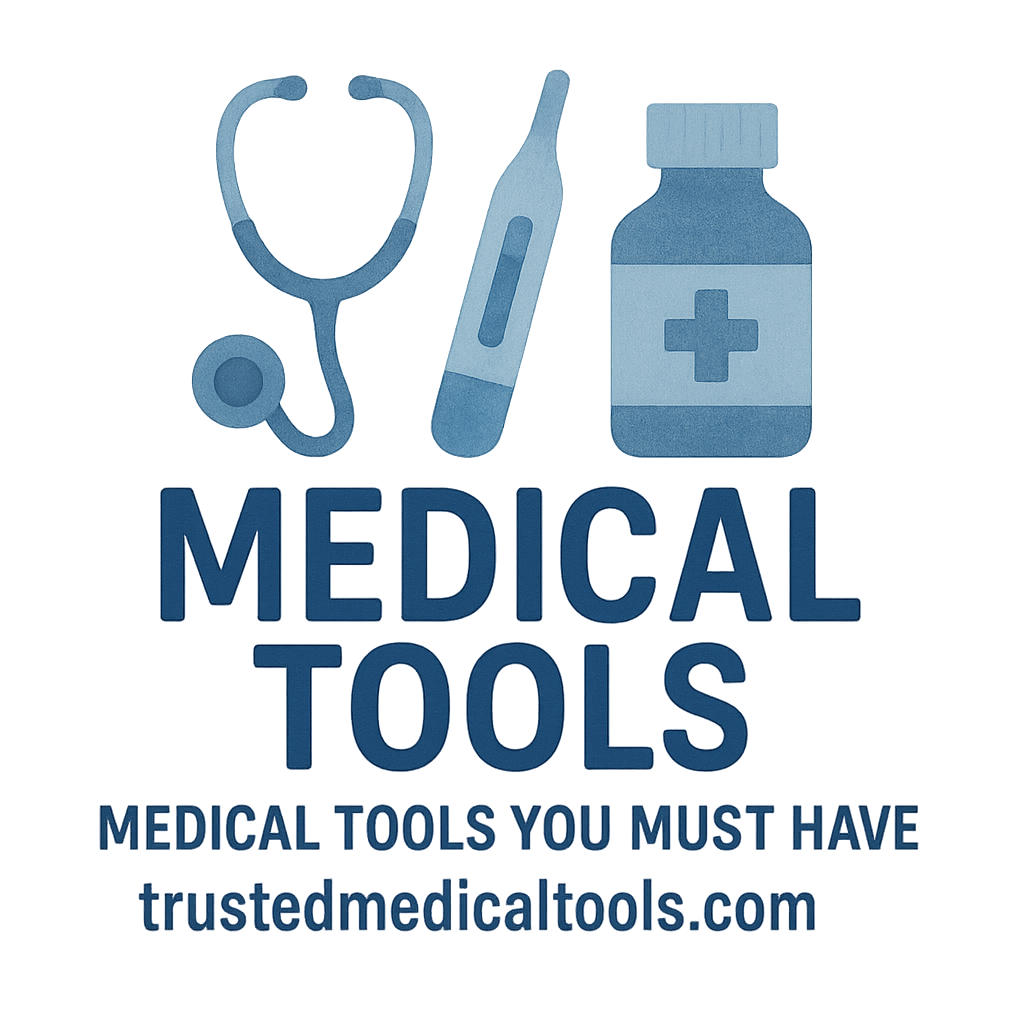Introduction
Mental health is just as important as physical health, yet it often gets neglected, especially when it comes to home care. Traditionally, mental health was monitored and assessed only through visits to specialists or therapists. However, advancements in medical tools have made it easier to monitor mental health from the comfort of your own home. This article will explore five essential medical tools that can assist in maintaining and improving mental health, offering an accessible way to take control of your emotional and psychological well-being.
Importance of Monitoring Mental Health
Understanding the Role of Monitoring in Mental Health
Monitoring mental health is an essential practice for maintaining a balanced, healthy mind. Similar to physical health, when mental health concerns go unnoticed, they can escalate quickly, affecting every aspect of your life. Early detection of potential issues is key to effective treatment. Plus, tracking your mental health can provide valuable insights into patterns, helping you make informed decisions about lifestyle changes and interventions.
Early Detection of Issues
Recognizing mental health issues early can significantly improve treatment outcomes. Many people experience mental health fluctuations, whether it’s stress, anxiety, or depression. Keeping track of these changes allows you to catch warning signs before they become severe. Simple tools, such as tracking sleep patterns or monitoring your blood pressure, can reveal underlying issues that may be linked to stress or other mental health concerns.
Empowering Individuals
Self-monitoring empowers individuals to take charge of their mental health. While it’s always important to seek professional help, being proactive in monitoring your well-being can encourage a sense of control and allow for better discussions with healthcare providers.
5 Medical Tools for Mental Health Monitoring
Overview of Effective Tools to Use at Home
Now, let’s dive into five medical tools that can help you stay on top of your mental health. These devices not only support your well-being but also allow you to gain insights into physical signs of mental health struggles.
1. Blood Pressure Monitors
Understanding the Connection Between Blood Pressure and Mental Health
Blood pressure is one of the most important indicators of overall health, but did you know it can also reveal a lot about your mental well-being? High blood pressure can be a direct result of stress, anxiety, and depression. Monitoring your blood pressure regularly can give you clues about how your emotions might be affecting your physical state.
Why Blood Pressure Matters for Mental Health
Stress is one of the leading causes of high blood pressure. When you’re anxious or stressed, your body releases stress hormones, which can elevate your blood pressure. Consistently high blood pressure can also lead to more severe complications, such as cardiovascular diseases. By monitoring your blood pressure at home, you can track these fluctuations and make adjustments to manage stress and improve mental health.
Top Recommended Blood Pressure Monitors
There are various types of blood pressure monitors available for home use. Whether you’re looking for a simple device or something with more advanced features, it’s important to choose one that is accurate and easy to use. For trusted recommendations, explore the Trusted Blood Pressure Monitors available today.
2. Pulse Oximeters
Monitoring Oxygen Levels and Their Impact on Mental Health
A pulse oximeter measures the oxygen saturation level in your blood, which can be a helpful indicator of your overall health. Low oxygen levels can lead to mental fog, difficulty concentrating, and increased anxiety or depression. This tool can help you keep an eye on how your body is reacting to stress or illness.
How Pulse Oximeters Help with Mental Health
If you’re feeling mentally overwhelmed, fatigued, or having trouble focusing, it could be related to your oxygen levels. Pulse oximeters are easy to use and can provide insights into whether low oxygen is affecting your mental state. Maintaining proper oxygen levels can help improve your mood, cognition, and overall well-being.
Best Pulse Oximeters for Home Use
For reliable pulse oximeters, be sure to check out the Reliable Pulse Oximeters recommended for home use.
3. Thermometers
The Role of Body Temperature in Mental Health Assessment
Your body temperature can serve as an unexpected but important marker of your mental health. Elevated temperatures often accompany stress and illness, which can negatively impact your mood and cognitive abilities. Monitoring your body temperature regularly can help you detect any underlying health issues.
Link Between Fever and Mental Health
When you’re sick, your body’s temperature rises. Not only does this signal an infection, but it can also lead to feelings of discomfort, irritability, and mental distress. By tracking your temperature, you can better understand how your physical state might be affecting your mental health.
Recommended Thermometers
For a reliable thermometer to help monitor your temperature, consider the Doctor-Approved Thermometers available today.

4. Sleep Trackers
Understanding the Impact of Sleep on Mental Health
Sleep plays a critical role in mental health. Chronic sleep deprivation is linked to depression, anxiety, and stress, and can severely affect cognitive function. Using a sleep tracker can help you understand your sleep patterns and identify any issues contributing to poor mental health.
Sleep Deprivation and Mental Health
When you don’t get enough sleep, your brain struggles to function properly, leading to emotional instability and cognitive issues. A sleep tracker can provide valuable data, allowing you to make adjustments for better rest and mental well-being.
Best Sleep Trackers for Mental Health
If you’re serious about monitoring your sleep, explore the Top Sleep Trackers designed to help improve your mental health.
5. Mental Health Apps and Journals
Integrating Technology for Mindfulness and Emotional Tracking
Mental health apps and journals are effective tools for tracking your emotions, thoughts, and behaviors. These tools can help you identify patterns and triggers, making it easier to manage your mental health proactively. Many apps also offer guided meditation and relaxation techniques to help manage stress and anxiety.
Mental Health Journals and Apps
By writing down your thoughts or using an app to track your emotional states, you can develop a clearer understanding of your mental health. Journals and apps help you stay mindful, reducing stress and enhancing emotional resilience.
Recommended Apps
To get started, explore the Mental Health Tools recommended for journaling and emotional tracking.
Conclusion
Incorporating these medical tools into your daily life can help you monitor your mental health more effectively. These devices and technologies empower you to take control of your well-being and catch potential issues before they escalate. By using these tools alongside professional mental health support, you can create a comprehensive plan for managing your emotional and mental health at home.
FAQs
1. Can these tools replace professional mental health care?
No, these tools are not a substitute for professional care. They are meant to assist with monitoring and provide insights that can be shared with a healthcare provider.
2. How accurate are home monitoring devices?
Home devices can be highly accurate, but it’s essential to follow the manufacturer’s instructions and calibrate them regularly to ensure reliability.
3. Is it safe to monitor mental health at home?
Yes, using these tools is safe when done correctly. However, it’s always a good idea to consult with a healthcare provider for guidance.
4. What other tools can I use to monitor my mental health?
Additional tools might include mood tracking apps or wearable devices that monitor stress levels or heart rate variability.
5. How often should I monitor my mental health at home?
It’s a good idea to monitor regularly, such as checking blood pressure weekly or tracking sleep every night.
6. Are there any side effects of using these tools?
Using these tools is generally safe. However, excessive tracking might cause unnecessary stress. Balance is key.
7. Where can I buy these mental health monitoring tools?
You can find a wide selection of tools at Trusted Medical Tools.


